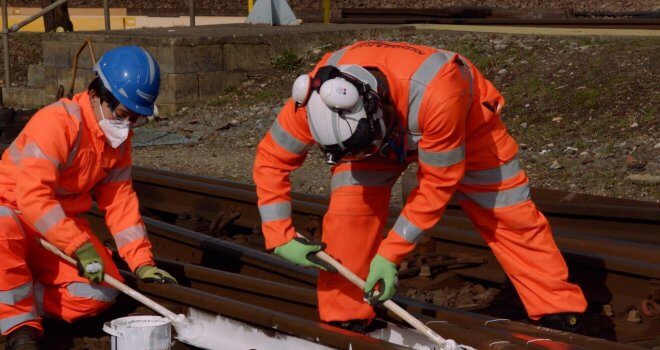British Consortium Formed To Develop Solid State EV Batteries

A group of seven British organisations including battery materials firm Johnson Matthey, start-up Britishvolt and Oxford University said on Thursday they had formed a consortium to develop solid-state batteries for electric vehicles.
The consortium will build a facility to develop prototypes and technologies for the mass production of solid-state batteries. It also includes the government-funded Faraday Institution, which aims to help UK businesses develop and manufacture EV batteries.
“Delivering enhanced range and safety…will be a key driver for battery electric vehicle adoption, supporting the transition to a net zero future,” Christian Gunther, head of battery materials at Johnson Matthey, said in a statement.
Carmakers are racing to develop EVs amid tightening CO2 emission standards in Europe and China and currently use lithium-ion batteries which consist of a liquid or gel-form electrolyte.
A number of manufacturers, including Ford Motor Co and BMW AG, are researching or investing in solid-state battery technology, which should be able to store more energy – meaning greater driving range – and prove safer due to a lack of flammable components.
Britishvolt plans to build a battery factory in northern England that should go into operation in 2023. The plant will be built in three phases and in the last of these – due for completion by 2027 – the company aims to produce solid-state batteries.
Earlier this week Britishvolt and Glencore signed a long-term deal for the supply of cobalt.
The mining giant also bought an undisclosed stake in the Britishvolt.
(Reporting By Nick Carey; Editing by Kirsten Donovan)




